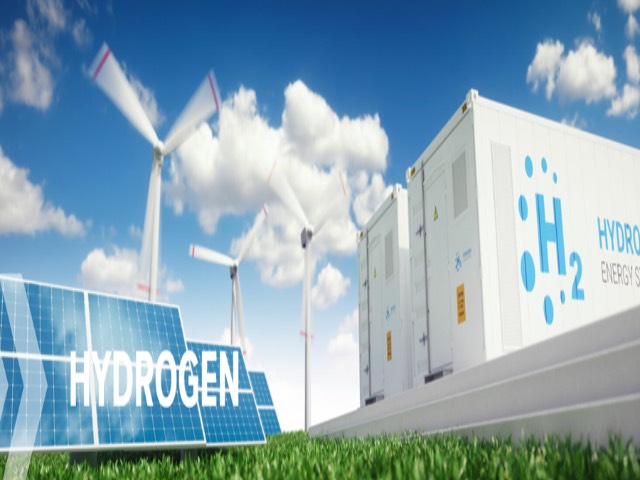- To achieve the objectives of the EU Hydrogen Strategy, access to sufficient amounts of renewable hydrogen at low cost will be essential in the coming years.
- Set against renewable hydrogen production costs of EUR 1.5- 3.5 /kgH2, the contribution of hydrogen delivery costs to the final hydrogen price is not negligible.
- Case A was based on the delivery of 1 million tonnes of renewable hydrogen per year to a single industrial customer, with a transport distance of 2,500 km.
- The hydrogen delivery costs calculated for case A (See Figure 1) suggest that transport options based on compressed gas (by ship or by pipeline) are the most competitive solution.
- For LOHC and ammonia, packing and unpacking costs dominate, while transport costs represent a small fraction of the total. This indicates that they could be cost competitive for distances longer than the 2,500 km considered in case A
- Unpacking chemical carriers accounts for a significant share of their total cost, mostly due to the processes’ high energy demand and the fact that unpacking plants are likely to be placed in locations with a relatively high electricity price.
- The most cost effective way to deliver renewable hydrogen depends on distance, amount, final use, and whether there is infrastructure already available. There is no single optimal hydrogen delivery solution across every transport scenario.
- Research and key findings are supportive of a compressed H2 shipping solution, and consistent with the outcomes of GEV’s Scoping Study released on 1 March 2021.

Martin Carolan, GEV Managing Director and CEO commented: “The European Commission has undertaken extensive research highlighting the requirement for low-cost and efficient transport carriers are required to support the large demand of renewable hydrogen needed to satisfy the EU Hydrogen Strategy.
This research demonstrates the outcomes of GEV’s Scoping Study in March this year were accurate and it highlights the benefits of compression in delivering one of many viable transport solutions required for the hydrogen economy to succeed.
GEV’s compressed shipping solution (C-H2) was specifically designed to minimise the impact of high energy costs and losses each time you handle the product, otherwise you need to build incredible scale in your solution just to reduce the overall transport costs.”









































